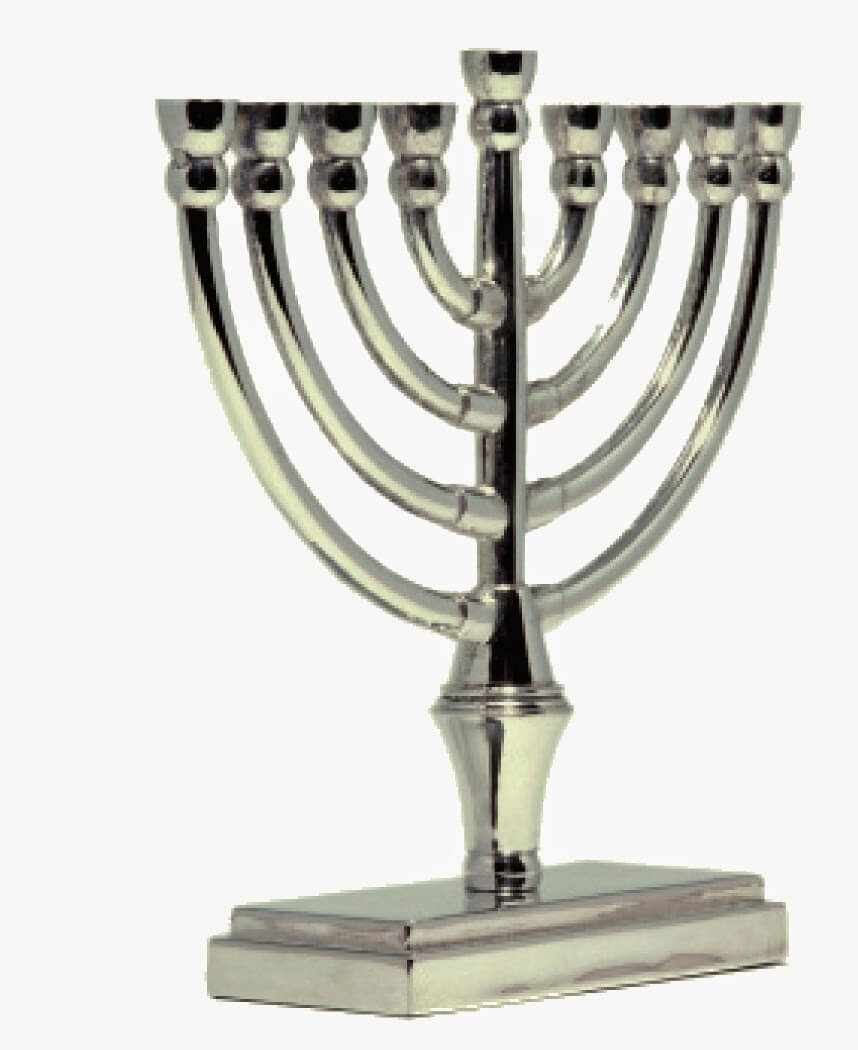Judah, Son of Jacob
When Judah, the fourth son of Leah and Jacob was born, Leah said, “This time let me gratefully praise God” (based on the Hebrew infinitive, l’hodot, “to praise”). Judah first demonstrated…
Taking Responsibility
Study Judah’s actions vis-a-vis Tamar to appreciate the true meaning of taking responsibility, not withstanding his personal humiliation. There is much to learn about Judah and his…
The Story of Degania
Since many of the early settlers in pre-state Palestine identified with the socialist ideology, Kibbutzim (communal farms or settlements) were the desired living arrangement.The first…
Volunteer on a Kibbutz on Your Next Trip to Israel
Whether you seek a secular kibbutz experience or a religious one, the experience will undoubtedly be memorable and worthwhile.
The Story of Chanukah
Around the year 167 B.C.E., the Syrian-Greek rulers of Judea tried to force the Jews to assimilate into Hellenic culture. They summoned the Jews to the town squares where they were forced…
Start Planning
Stock up on oil or candles and prepare your menorah, dreidels and gelt, Yiddish for coins, in anticipation of the upcoming holiday of Chanukah that begins on Wednesday evening, December…
America’s First Synagogue
In 1656, Shearith Israel became the first synagogue that was established in the territory that came to be known as the United States. The synagogue, also known as the Spanish and…
Do Your Research
When visiting New York City, plan a trip to visit Congregation Shearith Israel (the Spanish Portuguese Synagogue) to study its rich and fascinating history.
On One Foot
Jewish Treats was asked to summarize the Jewish faith in one tweet. For those unfamiliar with the X/Twitter format, that means in 280 characters or less, which seems, at first glance, a…
Love Your Neighbor as Yourself
Study the Torah, the blueprint for Jewish life, to learn how to more fully embrace this adage and become a mentsch, a good and decent person, in the process.
Vayeishev 5785-2024
“The Vast Majority of the Time, G-d Rules the World!” (updated and revised from Vayeishev 5766-2005) by Rabbi Ephraim Z. Buchwald Unbeknownst to all the characters who play significant…
A Dotted Kiss
Jacob left the land of Canaan to avoid the murderous rage of his brother Esau. According to the Midrash, he remained away for 22 years. Although he left alone, he returned with a…
A True Face
Be open and honest in your interactions with other people. There is a a well-known tradition that Esau hates Jacob. Yet when they met after 22 years of not having seen each other they…
Lancaster Jews
Many people do not realize that Lancaster, Pennsylvania, home to the famous Amish community, was home to one of the few active Jewish communities during the colonial era and has the…
Touring the States
When traveling throughout the United States, make it a point to visit Jewish historical landmarks.
Chanukah: What’s The Mitzvah?
With Chanukah only two weeks away (it begins on Wednesday night, December 25th), here’s a quiz: What is the primary mitzvah of Chanukah? a) Eating latkes (potato pancakes) b) Giving…
Chanukah’s Coming
With Chanukah set to begin in two weeks, make sure to buy beautiful candles or wicks and oil, so that your menorah will burn nicely and beautifully.
The Author of the Universal Declaration of Human Rights
In honor of Human Rights Day, December 10th, Jewish Treats presents a brief biography of René Samuel Cassin (1887 – 1976), the Jewish author of the Universal Declaration of Human Rights.…
Vayishlach 5785-2024
“The Encounter” (updated and revised from Vayishlach 5765-2004) by Rabbi Ephraim Z. Buchwald In this week’s parasha, parashat Vayishlach, we read of the dramatic encounter between Jacob…
Three Steps Forward, Three Steps Back
While Jewish prayer has many aspects that are introspective, prayer is also designed to serve as a vehicle of communication with the Divine. The central focus of every prayer service is…
Meaningful Steps
When taking three steps forward to begin the Amidah, the silent devotion, consider how fortunate we are to be able to connect each day with the King of kings in an intimate manner.
Rachel’s Curse
Reward and punishment are complicated concepts. Suffice it to say that Divine intervention in the world is often through seemingly mundane acts. For instance, the Torah describes the…
Powerful Words
Before speaking, consider the potential impact that your words may have on others. Given the ultimate impact that the words, “with whomever you find your gods, that person shall not…
This Tomato Was Grown Where?
The view of Judaism is that humankind has the unique ability to synthesize the physical and the spiritual elements of life. Hence, Jewish law requires Jews to recite a blessing over all…
Clean and Fresh
Remember that even hydroponic plants may need to be carefully checked to prevent eating insects and bugs.
For Dew and Rain
As indicated by Jewish prayer, the rainy season in the land of Israel begins just after the holiday of Sukkot and ends at the start of Passover. During this time, there are two special…
It’s Good For You
Remember tonight to begin reciting v’tein tal u’matar, the special insertion in the Amidah associated with a person’s overall success.
Jews in the Land of Lincoln
The first known Jewish resident of what is now the state of Illinois was John Hays, a grandson of a New York Jew, who moved west to Cahokia, IL in 1793. Hays was a farmer and trader who,…
Jewish Illinois
Before traveling, try to learn the Jewish history about the places you plan to visit.

